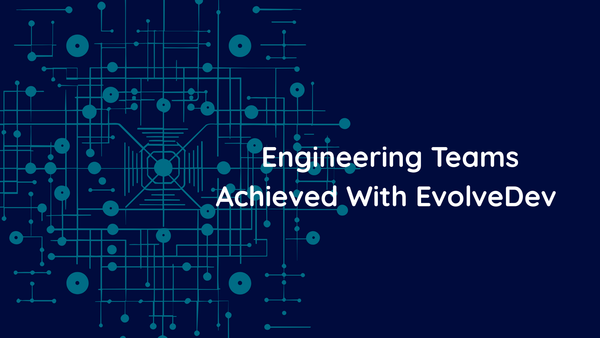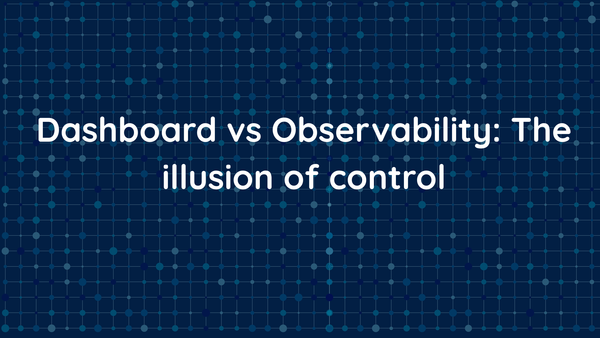Is Your Code Review Process Silently Sabotaging Your Team?

As leaders in Engineering, believe that code review is an essential part of making good software. It's the main way to protect against bugs, a great way to share knowledge, and an important part of mentoring our teams. They put money into the process because they believe it will lead to a better, more reliable code.
But what if the daily experience of that process is fundamentally broken?
What if the tools and processes we depend on are putting a "hidden tax" on our developers' time, making them angry, and slowly slowing down the whole delivery pipeline?
A academic study titled "Understanding the Experience of Code Review: Misalignments, Attention, and Units of Analysis" examines this specific issue.
It goes beyond theory and looks at what developers actually do every day. The significant issue is the constant "misalignment" between the review task and the tools intended to assist it. The research shows this isn't a rare inconvenience; developers experience these frustrating misalignments in about one out of every four code reviews on average.
When Your Tools Make You Take a Costly Detour
The study shows that review tools often make developers take the long way around, even though they have some benefits. The biggest problem is that there is still a gap in information.
Picture this common situation: a developer is looking over a change but has important questions. What is the complete flow of data? What else does this affect? What was the original business reason for this ticket?
They have to go through a long, manual process to answer these questions: leave the review tool, pull the branch, open their IDE, and look for the missing context.
This isn't just changing tabs; it's a full mental shift that breaks their flow state and takes away their focus. When this happens, you lose momentum and waste valuable engineering time, which is your most expensive resource.
This primary issue is compounded by other tool-based frictions:
Communication Problems: Asynchronous comments can cause misunderstandings or defensiveness when giving feedback that is complicated or sensitive. This often means that developers have to use side channels like Slack or set up meetings anyway, which goes against the tool's purpose and makes the process longer.
The "Too Big to Review" Problem: We've all seen them—the huge pull requests. The study shows that these changes are not only hard for the brain to understand, but they can also slow down the tools to the point where they are "horrendously slow." This makes you choose between a quick, "looks good to me" review and spending a lot of time figuring out what the change means.
When your process becomes the bottleneck
It's not just the tools. The study also talks about "Process-Task Misalignments," which happen when the human workflow breaks down and slows down the whole team.
The most common problem that developers said they had was the delay in getting feedback. A pull request that sits idle doesn't just slow down one developer; it also slows down tasks that depend on it, makes future merges more difficult, and kills a team's hard-earned momentum.
This friction has a very real human cost. A public, critical process can be hard and scary for new developers. Some senior developers say that the task is "extremely boring and monotone," which can make them lose interest. When your best engineers aren't involved in your most important quality process, you will get shallow reviews and burnout.
EvolveDev.io: From Hidden Friction to Visible Velocity
The research is clear: these little problems every day add up to a big problem for your team. What can you do about it, though?
We at EvolveDev.io think that you can't fix something if you can't see it. This research talks about problems like constant context-switching, hidden bottlenecks, and process friction. These are precisely the types of problems we address by providing individuals with a comprehensive view of the engineering lifecycle.
- We fill in the gaps in information. EvolveDev connects all of your tools, from GitHub and Jira to Slack, to make a single source of truth. This way, developers don't have to search for context. We bring the data you need right into the workflow, which keeps people focused and saves each engineer an average of 6–8 hours a month.
- We make it impossible to miss bottlenecks. Our real-time dashboards and custom alerts show slowdowns before they stop a sprint. Do you see pull requests that have been sitting around too long? Is one developer always getting too many reviews? EvolveDev automatically points out these patterns, giving you the power to step in and fix the workflow before it gets worse. This is how we help teams cut their cycle time by 32%.
- We talk about the cost to people. We help people have healthier conversations by giving them clear, objective data. Managers can make sure that the review load is spread out evenly. Developers can spend less time looking for information and more time doing the important work they were hired to do.
Stop letting hidden problems slow down your team and make them unhappy. It's time to stop fixing problems after they happen and start doing great engineering work based on data.
Are you ready to fix what you can't see?
Find out how EvolveDev.io helps your engineering teams understand things better.




